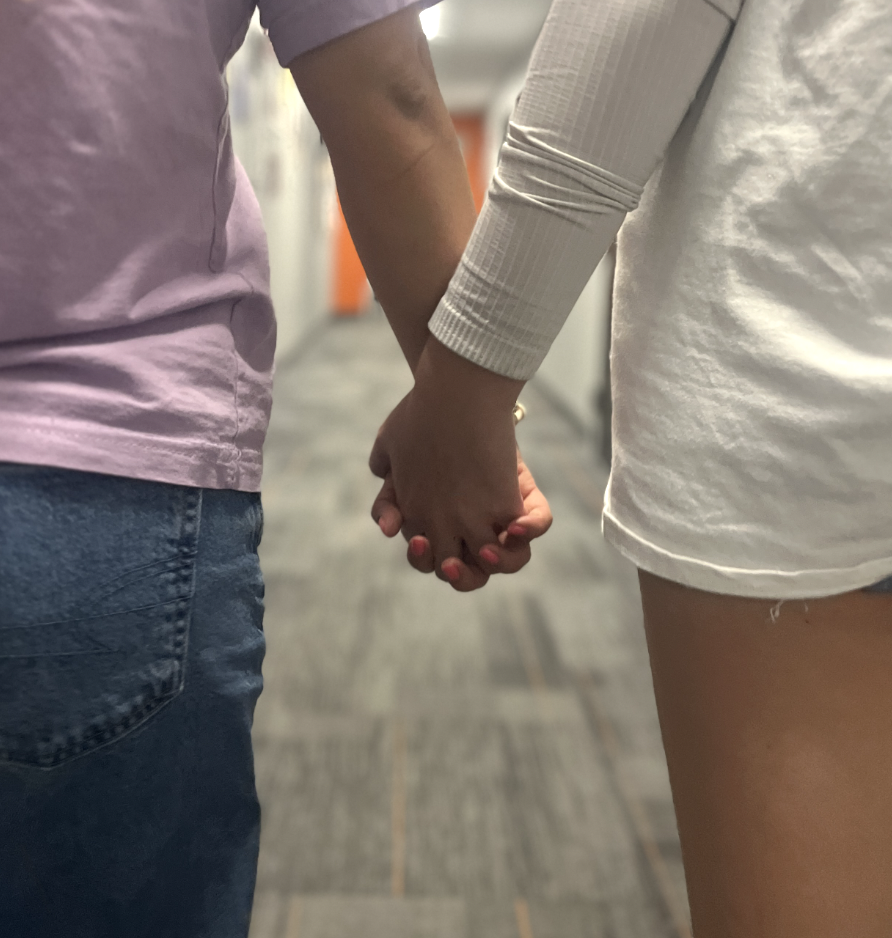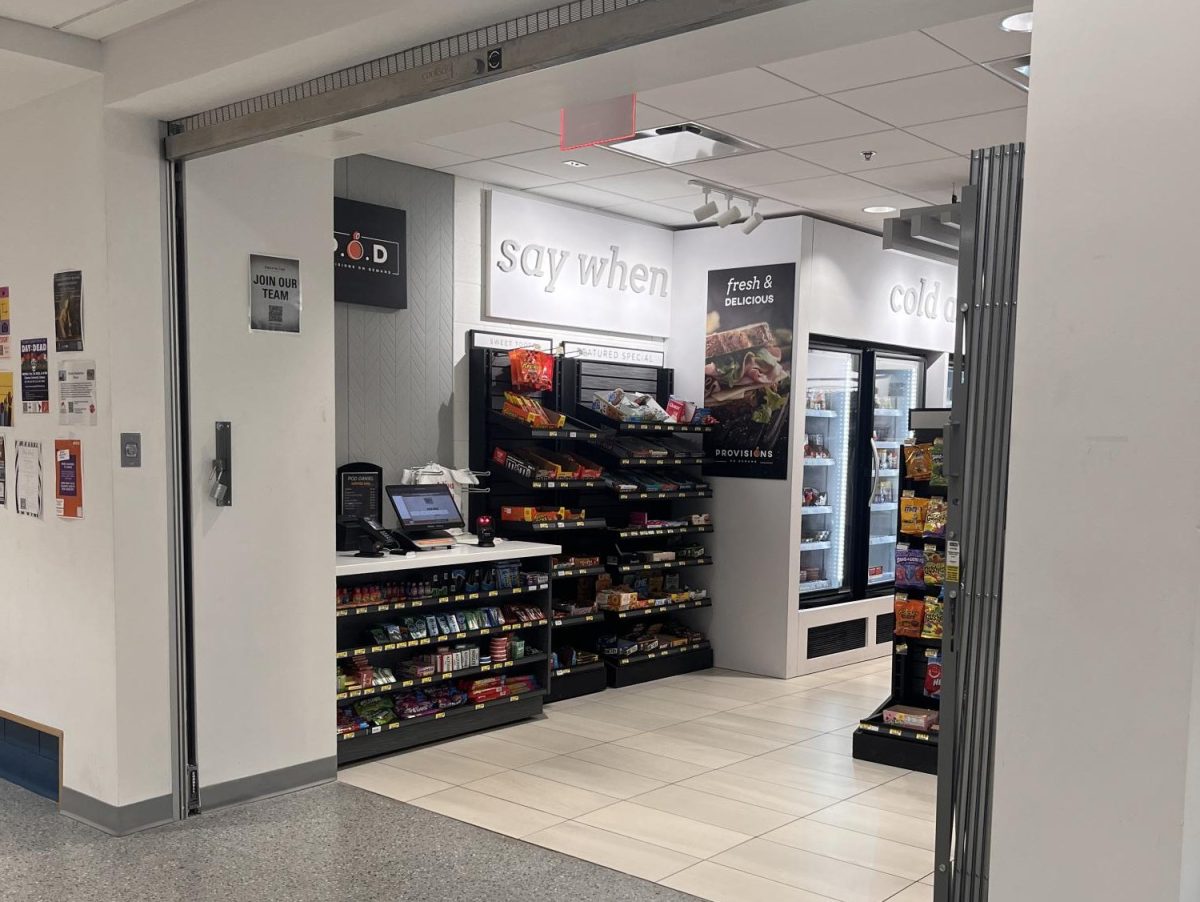Forced to blindly choose a program fresh out of high school, it’s no surprise that about 30% of undergraduate students end up switching their major at least once within the first three years of college. For me, it took two semesters within a degree program to figure out that I didn’t like it.
I transferred schools as a rising sophomore, leaving the interdisciplinary liberal arts College of Charleston in search of more structure from the best public school in the state, Clemson University. In coming to Clemson, I saw an opportunity to reinvent myself and become the STEM-head that my mechanical engineer grandfather had always encouraged me to be.
I entered into Clemson’s Environmental Natural Resources and Sciences program out of an internal and external pressure to be “successful,” something that I had been encouraged to believe was only attainable through the practical majors of sciences and engineering. What I ignorantly forgot to take into consideration was an honest and accurate self-assessment of my innate talents, as well as where my true passions lay. Although I worked hard to make good grades in the intro biology, chemistry and math classes, I quickly discovered that I hated them. Studying for those exams felt like pulling teeth out. A slow and painful process albeit, but still possible with a sufficient amount of energy and self-motivation. All of a sudden, I found myself dreading registration and picking out the next boring and hellish semester of STEM that lay ahead of me.
It’s one thing to dislike some of the courses, but if you dread every single class that is a requirement within your major, it’s time to change programs. I had to start the major before I figured out that I hated it. An appreciation for the natural world and a problem-solving brain didn’t automatically make me a perfect candidate for the structured world of science.
As a sophomore in the spring semester of college, I was really stressed out about the fact that I was now going to have to reconfigure my degree. Comparing myself to my friends who had already committed to summer internships and identifiable career paths, I was discouraged and drowning in this state of limbo, in between degree programs. Seeking help, I went to Clemson’s career center where things started to clear up through a series of appointments with a career counselor who helped me analyze and understand various personality and career assessments in relation to choosing a major.
Finally learning to accept my natural talents in reading and writing, I began to break down the inner dialogue that prohibited me from considering a liberal arts degree in the first place. Although my grandfather meant well in his unsolicited dinner table pieces of advice, I needed to break away from the idea that STEM degrees are the only ones that matter. Moving forward, I was able to begin exploring what else Clemson had to offer me and I’m grateful from the support of loved ones and counselors that helped guide me through the stress and uncertainty of the process. I decided to work towards applying and gaining acceptance into the communications program, an accomplishment that has renewed my desire to finish out school. Where I once wanted to give up and drop out because I felt like I was wasting time and money, I now feel inspired to keep working towards my degree, which I actually enjoy pursuing.
Changing majors is an intimidating endeavor, but all of the effort was worth it in comparison to what would have been should I have stayed in the mind-numbing science classes that I tried forcing myself into taking. If you find yourself down a wrong path in your degree program, take a deep breath. No matter how far down it you’ve traveled, I promise you, you can turn around, or at least take a detour by choosing a minor that captures you. The extra effort it takes to switch majors is 110% worth it as compared to forcing yourself to study things that you lack passion for. In this whole process, I’ve been able to start living more for myself, and I’d advise anyone contemplating switching to make a change for yourself and take the risk.









